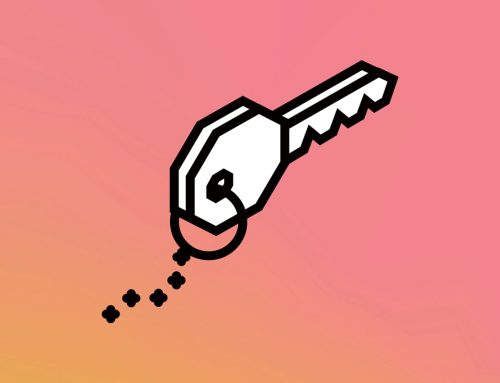For those too young to remember Jordi Pujol in the quarter century he was President of Catalonia, it is hard to grasp the impact of his fall into disgrace. In a single, self-imposed blow, Pujol set himself up for public pillory in 2014 when he confessed he’d taken an inheritance from his father and hid it away in Andorra for decades, avoiding taxes. This turned out to be a lie, or a tiny part of the truth, as judges and press dug deeper: Jordi, his wife and seven children had amassed a huge fortune each, apparently from illicit business practices combined with political corruption. As one El País editorial described it, almost nothing had been earned in a legitimate way; the word “mafia” was bandied about.
What is most bewildering about Pujol’s plummet was his choice to use the highest public office in Catalonia for personal gain, and get his whole brood to follow suit. A recognized opponent of Franco, he’d been persecuted by the regime; a Christian Democrat, he had even helped fund socialist publications in the 70s, as long as they had a Catalan bent. You would think a man proud to serve his country would have encouraged his offspring to study its culture, teach its history or start a foundation to advance its flourishing language. But not here. Given the choice, wouldn’t you choose a street with your name on it in every Catalan town, over and above the fruits of vulgar profiteering? Pujol, whatever glasses he had on, saw the world backwards and upside down.
From 1980 to 2003 Pujol dominated political life in Catalonia, manipulating its pace and agenda; he made famous the phrase “això no toca”, where he’d dictate what was supposed to be relevant, and what was not. Anything he was enthusiastic about would become a Catalan cause for excitement; wherever he focused his disdain, the whole nation would turn up its nose. By moulding an aura of trust and control, he became Catalonia’s father, grandpa and patriarch all at once, only to end up as its unequivocal godfather –and not in the good sense. A quarter of all his ministers have been embroiled in corruption cases.
Without comprehending Pujol it’s impossible to grasp just how improbable the shift of his former party, Convergència Democràtica de Catalunya (CDC, now rebranded as PDeCAT), towards supporting Catalan independence really is. Some even argue that the convergents invent a separatist face as a way of fending off impending legal causes, easy to blame on Madrid-based judges. A friend of the former king and a mover and shaker nation-wide, Pujol had a lot to say about what was going on in the rest of Spain. He supported first socialists then conservatives in minority governments, always ready to make a pact then put on a begrudged face. He was lauded as the sort of deal-maker the Spanish democratic transition really needed. This kept him protected when detractors decried his financial malpractices, which no judge would go near. The idea that Pujol skewed Catalan sentiment to favour his party, his businessmen friends and himself, was repeated but hard to prove.
Worthy of study by students of political rhetoric, his style was anti-heroic, with a gruff and gargled voice, an off-the-cuff manner and an impervious demeanour. They say he could remember everybody’s name and xafardejar (gossip) with the best of them. His diction was lousy but his message expert. This warmed enough of the nation’s heart to keep him in power.
Nowadays, as the courts still hash through decades of corruption and decrepit cronies make feeble confessions to stay out of prison, a good part of Catalonia still mourns the man and what he meant. Losing Pujol was like losing your dad and granddad all in one day; with the patriarch gone, a chunk of the nation has been emotionally stranded. An entire way of thinking and breathing Catalan political identity has been discredited in one fell swoop, which is contradictory: recent surveys show more Catalans believe some sort of political deal with Spain will be made, however rough around the edges (40%), than those convinced Catalonia will become independent (no more than 25%). This suggests that the contrary spirit of Pujol (still corrupt, or less so) is powerful and alive, waiting, perhaps, for someone new to come along and make it their own.



